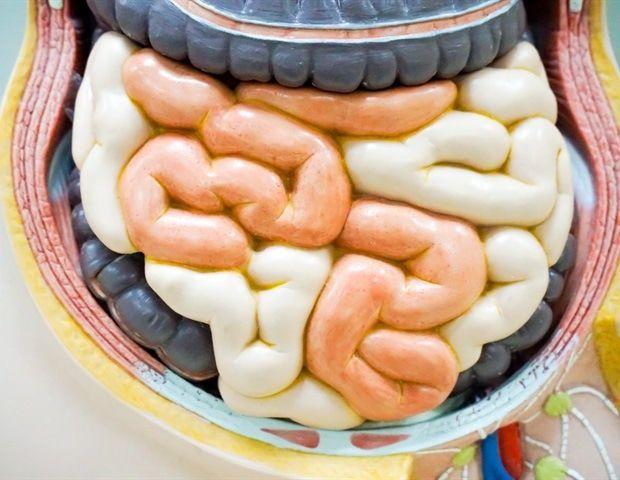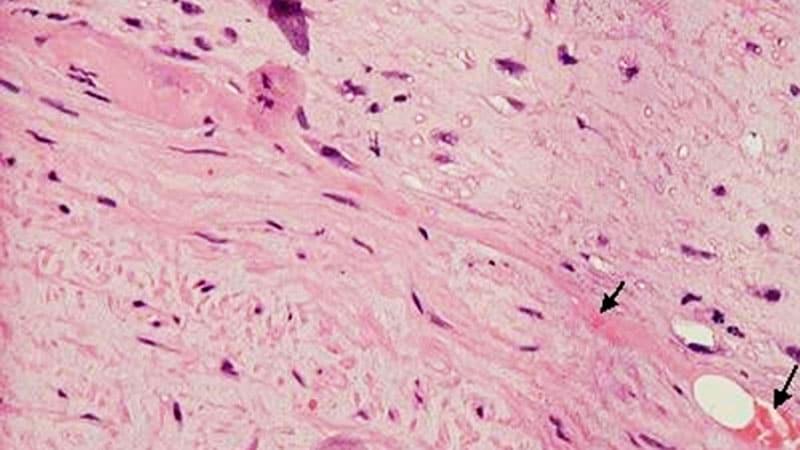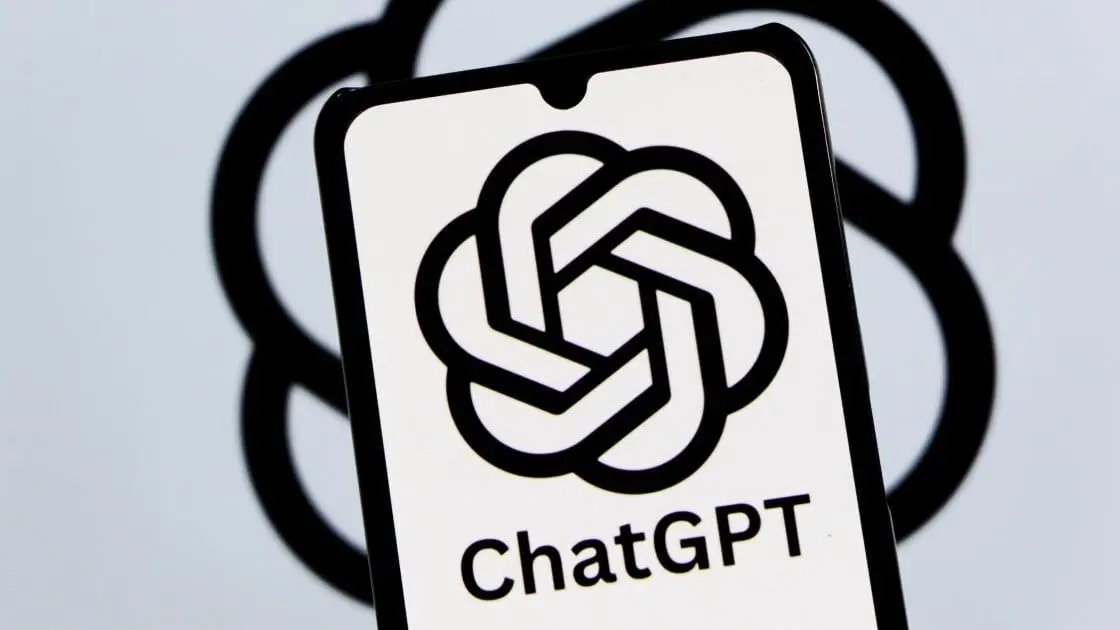AI Breakthrough: New Tool Revolutionizes Detection of Rare Gastrointestinal Diseases
3 Sources
3 Sources
[1]
New AI tool revolutionizes detection of rare gastrointestinal diseases
Ludwig-Maximilians-Universitaet Muenchen (LMU)Oct 25 2024 Researchers from LMU, TU Berlin, and Charité have developed a new AI tool that uses imaging data to also detect less frequent diseases of the gastrointestinal tract. Already used in many areas of medicine, AI has tremendous potential when it comes to helping doctors diagnose diseases with the help of imaging data. However, AI models have to be trained with large numbers of examples, which are generally available in sufficient quantities only for common diseases. It's as if a family doctor only had to diagnose coughs, runny noses, and sore throats. The actual challenge is to also detect the less common diseases, which current AI models often overlook or misclassify." Professor Frederick Klauschen, Director of the Institute of Pathology at LMU Together with the group of Professor Klaus-Robert Müller from TU Berlin/BIFOLD and colleagues from the Charité - Universitätsmedizin Berlin, Klauschen has developed a novel approach that overcomes this limitation: As the scientists report in the journal New England Journal of Medicine AI (NEJM AI), their new model only needs training data from common findings to also reliably detect the less frequent diseases. This could significantly improve the diagnostic accuracy and ease the workloads of pathologists in future. Learning from normality The new approach is based on anomaly detection: From the very precise characterization of normal tissue and findings from frequent diseases, the model learns to recognize and flag deviations, without having to be specifically trained for these rarer cases. For their study, the researchers collected two large datasets of microscopic images of tissue sections from gastrointestinal biopsies with the corresponding diagnoses. In these datasets, the ten most common findings - including normal findings and common diseases such as chronic gastritis - account for around 90 percent of cases, whereas the remaining 10 percent contained 56 disease entities - including many cancers. For the training and evaluation of their model, the researchers used a total of 17 million histological images from 5,423 cases. "We compared various technical approaches and our best model detected with a high degree of reliability a broad range of rarer pathologies of the stomach and colon, including rare primary or metastasizing cancers. To our knowledge, no other published AI tool is capable of doing this," says Müller. Using heatmaps, moreover, the AI can indicate in color the position of anomalies in the tissue section. Significantly easing the diagnosis workload By identifying normal findings and frequent diseases and detecting anomalies, the new AI model, which will be further improved over time, could provide critical support to doctors. Although the identified diseases still need to be confirmed by pathologists, "doctors can save a lot of time, because normal findings and a certain proportion of the diseases can be automatically diagnosed by AI. This applies to around a quarter to a third of cases," says Klauschen. "And in the remaining cases, AI can facilitate case prioritization and reduce missed diagnoses. This would represent huge progress." Ludwig-Maximilians-Universitaet Muenchen (LMU)
[2]
AI in medicine: New approach for more efficient diagnostics
Researchers from LMU, TU Berlin, and Charité have developed a new AI tool that uses imaging data to also detect less frequent diseases of the gastrointestinal tract. Already used in many areas of medicine, AI has tremendous potential when it comes to helping doctors diagnose diseases with the help of imaging data. However, AI models have to be trained with large numbers of examples, which are generally available in sufficient quantities only for common diseases. "It's as if a family doctor only had to diagnose coughs, runny noses, and sore throats," says Professor Frederick Klauschen, Director of the Institute of Pathology at LMU. "The actual challenge is to also detect the less common diseases, which current AI models often overlook or misclassify." Together with the group of Professor Klaus-Robert Müller from TU Berlin/BIFOLD and colleagues from the Charité -- Universitätsmedizin Berlin, Klauschen has developed a novel approach that overcomes this limitation: As the scientists report in the journal New England Journal of Medicine AI (NEJM AI), their new model only needs training data from common findings to also reliably detect the less frequent diseases. This could significantly improve the diagnostic accuracy and ease the workloads of pathologists in future. Learning from normality The new approach is based on anomaly detection: From the very precise characterization of normal tissue and findings from frequent diseases, the model learns to recognize and flag deviations, without having to be specifically trained for these rarer cases. For their study, the researchers collected two large datasets of microscopic images of tissue sections from gastrointestinal biopsies with the corresponding diagnoses. In these datasets, the ten most common findings -- including normal findings and common diseases such as chronic gastritis -- account for around 90 percent of cases, whereas the remaining 10 percent contained 56 disease entities -- including many cancers. For the training and evaluation of their model, the researchers used a total of 17 million histological images from 5,423 cases. "We compared various technical approaches and our best model detected with a high degree of reliability a broad range of rarer pathologies of the stomach and colon, including rare primary or metastasizing cancers. To our knowledge, no other published AI tool is capable of doing this," says Müller. Using heatmaps, moreover, the AI can indicate in color the position of anomalies in the tissue section. Significantly easing the diagnosis workload By identifying normal findings and frequent diseases and detecting anomalies, the new AI model, which will be further improved over time, could provide critical support to doctors. Although the identified diseases still need to be confirmed by pathologists, "doctors can save a lot of time, because normal findings and a certain proportion of the diseases can be automatically diagnosed by AI. This applies to around a quarter to a third of cases," says Klauschen. "And in the remaining cases, AI can facilitate case prioritization and reduce missed diagnoses. This would represent huge progress."
[3]
AI-based anomaly detection offers more efficient clinical-grade histopathological diagnostics
Already used in many areas of medicine, AI has tremendous potential when it comes to helping doctors diagnose diseases with the help of imaging data. However, AI models have to be trained with large numbers of examples, which are generally available in sufficient quantities only for common diseases. "It's as if a family doctor only had to diagnose coughs, runny noses, and sore throats," says Professor Frederick Klauschen, Director of the Institute of Pathology at LMU. "The actual challenge is to also detect the less common diseases, which current AI models often overlook or misclassify." Together with the group of Professor Klaus-Robert Müller from TU Berlin/BIFOLD and colleagues from the Charité -- Universitätsmedizin Berlin, Klauschen has developed a novel approach that overcomes this limitation. As the scientists report in the journal NEJM AI, their new model only needs training data from common findings to also reliably detect the less frequent diseases. This could significantly improve the diagnostic accuracy and ease the workloads of pathologists in future. Learning from normality The new approach is based on anomaly detection: From the very precise characterization of normal tissue and findings from frequent diseases, the model learns to recognize and flag deviations, without having to be specifically trained for these rarer cases. For their study, the researchers collected two large datasets of microscopic images of tissue sections from gastrointestinal biopsies with the corresponding diagnoses. In these datasets, the 10 most common findings -- including normal findings and common diseases such as chronic gastritis -- account for about 90% of cases, whereas the remaining 10% contained 56 disease entities -- including many cancers. For the training and evaluation of their model, the researchers used a total of 17 million histological images from 5,423 cases. "We compared various technical approaches and our best model detected with a high degree of reliability a broad range of rarer pathologies of the stomach and colon, including rare primary or metastasizing cancers. To our knowledge, no other published AI tool is capable of doing this," says Müller. Using heatmaps, moreover, the AI can indicate in color the position of anomalies in the tissue section. Significantly easing the diagnosis workload By identifying normal findings and frequent diseases and detecting anomalies, the new AI model, which will be further improved over time, could provide critical support to doctors. Although the identified diseases still need to be confirmed by pathologists, "doctors can save a lot of time, because normal findings and a certain proportion of the diseases can be automatically diagnosed by AI. This applies to around a quarter to a third of cases," says Klauschen. "And in the remaining cases, AI can facilitate case prioritization and reduce missed diagnoses. This would represent huge progress."
Share
Share
Copy Link
Researchers from LMU, TU Berlin, and Charité have developed a novel AI tool that can detect rare gastrointestinal diseases using imaging data, potentially improving diagnostic accuracy and easing pathologists' workloads.

AI Breakthrough in Gastrointestinal Disease Detection
Researchers from Ludwig-Maximilians-Universitaet Muenchen (LMU), Technical University of Berlin (TU Berlin), and Charité - Universitätsmedizin Berlin have developed a groundbreaking AI tool that promises to revolutionize the detection of rare gastrointestinal diseases. This innovative approach, published in the New England Journal of Medicine AI (NEJM AI), addresses a significant limitation in current AI diagnostic models
1
2
3
.The Challenge of Rare Disease Detection
Existing AI models in medicine often struggle with detecting less common diseases due to the lack of sufficient training data. Professor Frederick Klauschen, Director of the Institute of Pathology at LMU, likens this limitation to "a family doctor only having to diagnose coughs, runny noses, and sore throats"
1
. The real challenge lies in identifying rarer conditions that current AI models frequently overlook or misclassify.Novel Approach: Learning from Normality
The new AI tool employs an innovative approach based on anomaly detection. Instead of requiring extensive training data for rare conditions, the model learns to recognize deviations from normal tissue and common findings
2
. This allows it to flag potential anomalies without specific training for each rare case.Impressive Dataset and Results
For their study, the researchers utilized:
- Two large datasets of microscopic images from gastrointestinal biopsies
- 17 million histological images from 5,423 cases
- Data covering 10 common findings (90% of cases) and 56 rarer disease entities (10% of cases)
The model demonstrated high reliability in detecting a wide range of rare pathologies, including uncommon cancers of the stomach and colon
3
. Professor Klaus-Robert Müller from TU Berlin/BIFOLD stated, "To our knowledge, no other published AI tool is capable of doing this"1
.Advanced Visualization and Diagnostic Support
The AI tool incorporates a heatmap feature, allowing it to visually indicate the position of anomalies in tissue sections. This visual aid enhances the tool's utility for medical professionals
2
.Related Stories
Potential Impact on Medical Practice
While pathologists will still need to confirm the AI's findings, the tool offers significant benefits:
- Time-saving: Automatic diagnosis of normal findings and common diseases in 25-33% of cases
- Improved prioritization: Helps focus attention on potentially problematic cases
- Reduced missed diagnoses: Flags anomalies that might be overlooked
Professor Klauschen emphasizes that this advancement "would represent huge progress" in the field of pathology
3
.Future Developments
The researchers plan to further refine and improve the AI model over time, potentially expanding its capabilities and accuracy in detecting rare gastrointestinal diseases
1
2
3
.References
Summarized by
Navi
[2]
Related Stories
AI Outperforms Humans in Rapid Disease Detection from Tissue Images
15 Nov 2024•Science and Research

AI Model Revolutionizes Colorectal Cancer Diagnostics by Detecting Multiple Genetic Markers
21 Aug 2025•Health

AI Algorithm Matches Pathologists in Diagnosing Celiac Disease, Study Finds
28 Mar 2025•Health

Recent Highlights
1
Anthropic releases Claude Opus 4.6 as AI model advances rattle software stocks and cybersecurity
Technology

2
French Police Raid X Office as Grok Investigation Expands to Include Holocaust Denial Claims
Policy and Regulation

3
Prima AI model reads brain MRI in seconds with 97.5% accuracy, transforming neurological diagnosis
Health





